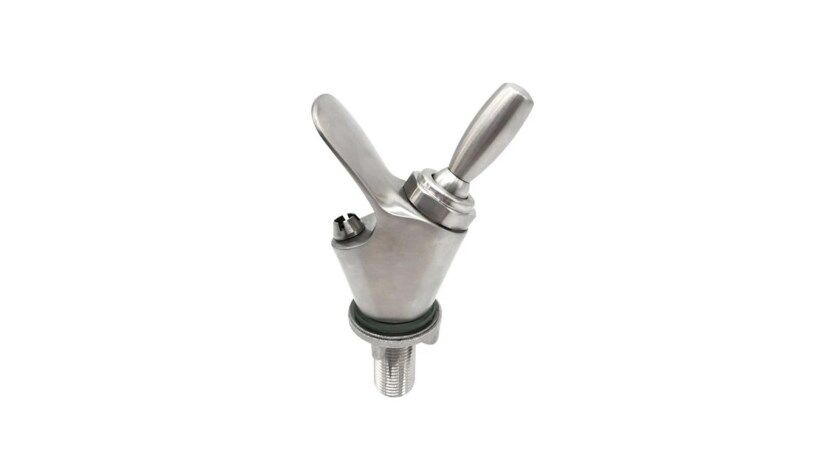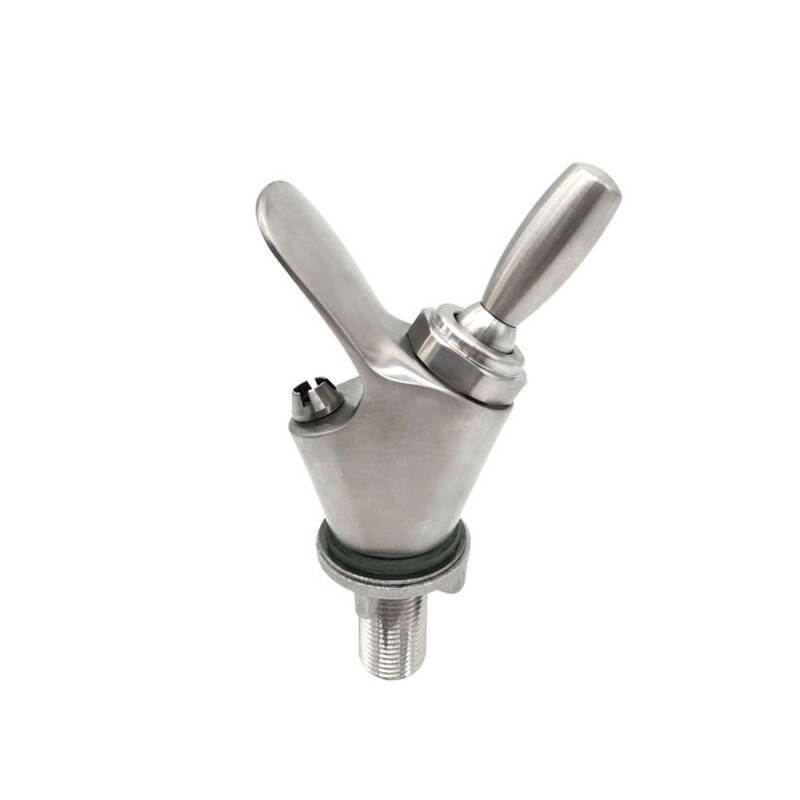Email format error
Email cannot be empty
Email already exists
6-20 characters(letters plus numbers only)
The password is inconsistent
Email format error
Email cannot be empty
Email does not exist
6-20 characters(letters plus numbers only)
The password is inconsistent


In the quest for convenience and efficiency, the mini drinking water tap has emerged as an innovative addition to modern living spaces. Designed to provide easy access to clean, fresh water directly from the tap, these mini taps are transforming the way we think about hydration. This blog post will explore the features, benefits, and practical applications of mini drinking water taps, offering insights into their role in contemporary living.
A mini drinking water tap, also known as a water purifier tap or a point-of-use water dispenser, is a compact and convenient fixture that provides filtered drinking water. Unlike traditional taps, these mini taps are specifically designed for direct consumption, often incorporating advanced filtration systems.
Mini taps are designed to save space, making them ideal for areas with limited counter or sink space, such as small kitchens, offices, or even home bars.
These taps are equipped with various filtration technologies, such as activated carbon, reverse osmosis, or ultraviolet light, to remove impurities and provide clean, safe drinking water.
Some models offer temperature control options, allowing users to choose between room temperature, hot, or cold water, depending on their preference.
Advanced mini taps may incorporate touchless or sensor technology, providing hands-free operation and enhancing hygiene.
Many models come with LED indicators to show the status of the filtration system, such as when it's time to change the filter.
The primary benefit of a mini drinking water tap is the convenience it offers. Users can access fresh water without the need for bottled water or frequent trips to the kitchen sink.
By providing filtered water, mini taps promote healthier hydration options, free from the contaminants often found in tap water.
These taps reduce the reliance on plastic bottles, contributing to a reduction in plastic waste and environmental impact.
Over time, mini drinking water taps can be more cost-effective than purchasing bottled water, especially for households and businesses with high water consumption.
In homes, mini taps can be installed in kitchens, bedrooms, or even outdoor areas, providing easy access to drinking water for family members.
Offices, gyms, and other commercial spaces can benefit from mini taps, ensuring employees and visitors have access to clean water throughout the day.
For homes with outdoor kitchens or patios, a mini tap can be a practical addition, allowing for hydration without having to go indoors.
When selecting a mini drinking water tap, consider the following factors:
The mini drinking water tap industry is expected to evolve with technological advancements, such as:
Incorporating smart home technology to monitor water quality, usage, and filter status.
Allowing users to customize the filtration process based on their specific water quality concerns.
Developing taps that use less energy for heating water, contributing to a greener footprint.
The mini drinking water tap is a practical and innovative solution for providing clean, filtered water in various settings. As the demand for convenient and sustainable hydration options grows, these mini taps are likely to become a staple in both residential and commercial spaces. By understanding the features, benefits, and considerations for choosing the right tap, consumers can make informed decisions that enhance their daily hydration routines.